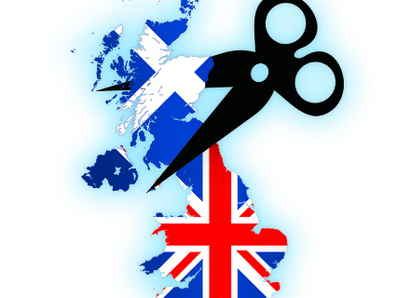Selling Scotland
The internet has become an invaluable tool for countries to advertise their nation. Scotland has been no exception, where successive governments have put money into selling their country to the world. In recent years, the current administration launched its biggest ever global marketing campaign. This advertising will showcase every corner of Scotland through a new TV and cinema advert, a new website and extensive marketing focused in countries all over the world, particularly the United States, the United Kingdom, France and Germany. The TV and cinema campaign will reach around 80 million people in the UK and abroad and is expected to boost the Scottish economy by around £140 million; this all being thanks to a large funding increase to tourism from the current government.

(http://www.ktv-ege.ba/bs/wp-content/uploads/familytv.jpg)
Scotland's tourist agencies have also utilized a key point of Massey's 'progressive sense of place' in terms of identifying Scotland as a place of multiple historical layers as well as a place of continuing history. This is particularly shown in the "Surprise Yourself" add. In this, Scotland's rich medieval history is shown along side its bustling modern cities; traditional culture is shown as meeting with all that is modern. Many Scottish government officials believe that pre-existing fascinations with the countries heritage will encourage interest in the modern aspects of the country. There are however limitations to the tourist campaign.

(http://www.journeymart.com/de/CountryImages/scotland.jpg)
Touching on my last post, Scotland is attempting to distinguish itself from the rest of the United Kingdom through these advertisements, seeking to become a genuine tourist destination in their own right. However, having place essentialism in the adverts it detrimental to many other locations which are not shown in the new videos. The reality of tourist campaigns is that they have a limited window of opportunity to appeal to their viewers. As a result of this, the makers are limited to 1-3 minutes of content to get their message accross otherwise their audience loses interest. This severely handicaps what can be shown and leaves many destinations out, where from this many vital aspects of the nations culture are left out of the worlds view.
Doreen Massey 1991. A Global Sense of Place. Marxism Today, 35(6), 24-29.
https://www.youtube.com/watch?v=LhxvTf5PNMI
http://www.visitscotland.org/media_centre/ad_launch_campaign.aspx
https://www.youtube.com/watch?v=1kUZNQASL_8





